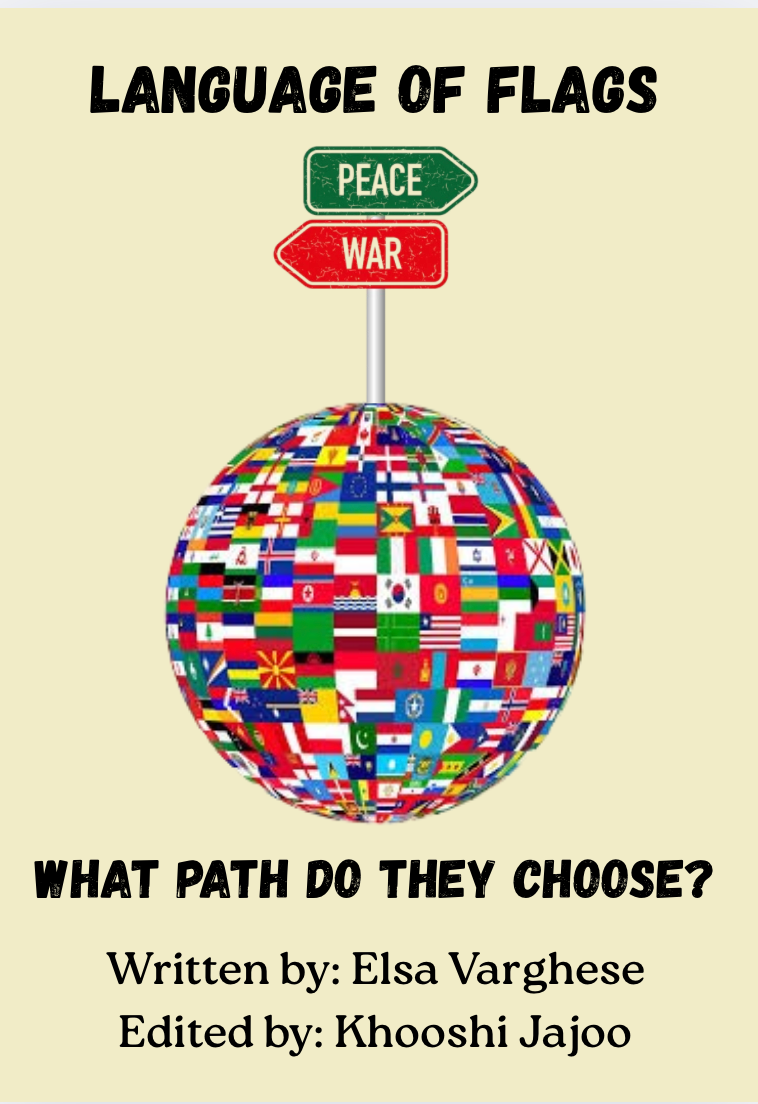Journalists as Targets: Gaza Media Workers Killed Amid Rising Military Offensive
- Echo Magazine

- Sep 11, 2025
- 3 min read

Written by: Saptarchi Biswas
Edited and GD by: Sunaina Lala
In the heart of Gaza City, where bombs fall with ruthless regularity, the press has become yet another casualty of war. On August 10, 2025, a deadly Israeli airstrike struck a media tent outside the main gate of Al-Shifa Hospital, killing four Al Jazeera journalists along with several colleagues. Among the dead was Anas Al-Sharif, one of Gaza’s most prominent correspondents, alongside Mohammed Qreiqeh, Ibrahim Zaher, Mohammed Noufal, and Al-Sharif’s nephew. Al Jazeera condemned the attack as a deliberate assassination, while the Israeli Defense Forces (IDF) claimed Al-Sharif was affiliated with Hamas. Independent watchdogs, including the Committee to Protect Journalists, have rejected this assertion, noting that no verifiable evidence has been produced. The UN Office for Human Rights in the Occupied Palestinian Territory went further, warning that targeting journalists could amount to a war crime. This strike was not an isolated tragedy; it was part of a deadly trend. Since October 2023, Gaza has become one of the most dangerous places on earth for media professionals. By mid-2025, at least 175 journalists and media workers had been killed, according to the International Federation of Journalists. Many others have been detained, harassed, or forced into exile. What makes these killings particularly alarming is their consistency: reporters marked with “PRESS” vests or stationed in clearly designated press tents have still been struck. UN Special Rapporteurs have argued that this pattern reveals a systematic attempt to silence truth-tellers and prevent eyewitness reporting from reaching the world.
Behind every statistic lies a human story of resilience and sacrifice. Anas Al-Sharif, just 28, had built a reputation as a fearless field reporter. Despite offers of safe passage out of Gaza in exchange for ending his reporting, he refused to leave. His work with Reuters had already won him international recognition, including a Pulitzer Prize. Fatima Hassouna, a photojournalist whose images of Gaza’s resilience graced international festivals, was killed in April 2025 alongside ten family members. Yahya Sobeih, celebrated for documenting everyday life under siege, died in May, only hours after welcoming his newborn daughter. These stories underscore not just the magnitude of loss but also the silencing of irreplaceable voices who carried Gaza’s struggles to global audiences.
The international reaction has been swift but fraught with frustration. A coalition of 27 countries, including the United Kingdom, Germany, and Australia, has demanded that Israel grant immediate and unrestricted access to foreign journalists in Gaza. Human rights organizations have stressed that journalists are civilian non-combatants protected under international humanitarian law, and their deliberate targeting cannot be brushed aside as collateral damage. At the United Nations, independent experts described the Al Jazeera killings as a “chilling message” to all reporters covering the conflict. By erasing the presence of the press, Israel risks not only violating international law but also depriving the world of accurate accounts from the ground.
The stakes are immense. War reporting is not simply storytelling; it is the preservation of truth in the fog of conflict. The targeting of journalists erodes accountability, shielding warring parties from scrutiny. It distorts public knowledge, leaving international audiences reliant on filtered narratives. It destroys the record, robbing history of first-hand testimony. As Gaza spirals further into a humanitarian catastrophe, the silencing of its chroniclers ensures that much of its suffering will remain unseen. The deaths of Al-Sharif and his colleagues mark a dark chapter in the long history of press repression during conflict. Gaza’s journalists, armed only with cameras, microphones, and notebooks, have paid the ultimate price for bearing witness. Their loss forces us to confront urgent questions about press freedom, the obligations of states under international law, and the accountability of those who fail to uphold these standards. In war, truth is always contested. But when those who pursue it are systematically targeted, the very foundation of global awareness and justice begins to crumble.





Comments